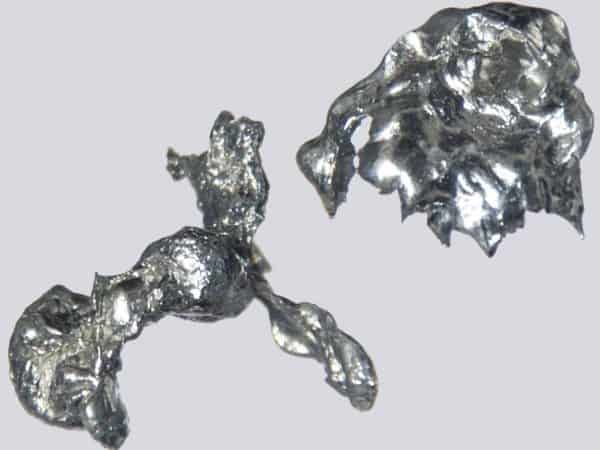
 A new study from the University of Laval has drawn a connection between hypertension, high blood pressure and the presence of the environmental pollutant cadmium in the blood and urine.
A new study from the University of Laval has drawn a connection between hypertension, high blood pressure and the presence of the environmental pollutant cadmium in the blood and urine.
The study looked at cadmium levels in the urine and blood of over 10,000 Canadians (with an average age of 46, evenly split between men and women) and found that higher blood cadmium levels were associated with higher blood pressure and a greater likelihood of hypertension, a condition which can cause damage to blood vessels and the heart and put one at risk of heart attack and stroke.
The toxic element cadmium is present in the environment in trace amounts, found in low concentrations in soils, and it inevitably ends up in our vegetables and grains where it can enter the body through ingestion, the primary way that humans are exposed to cadmium. Fortunately, our bodies are designed to resist the build-up of cadmium through ingestion, as studies have shown that only two to six per cent of the trace cadmium in foods is taken up by the body.
The same does not go for inhaled cadmium, however, as upwards of 30 to 64 per cent of cadmium taken in through the breath gets absorbed by the body, a problem for both smokers and those with occupational exposure to higher-than-normal levels of atmospheric cadmium. Cigarette smoking is said to double the average daily absorption of cadmium whereas in the workplace, while health and safety measures over the past half-century have drastically cut down occupational exposure to cadmium, higher levels are still observed in a few workplaces, such as auto repair, welding shops and sawmills.
The effects of cadmium are felt most strongly in the kidneys, where it can accumulate for decades and, in cases of high build-up, cause kidney dysfunction, lung impairment and bone disease. Almost exclusively, the higher concentrations of environmental cadmium are the result of human activity, with the production of phosphate fertilizers, iron, steel and cement, along with fossil fuel combustion being primary culprits for putting cadmium into the air and soil.
Although still not clearly understood, the impact of cadmium on blood pressure is thought to be a product of kidney damage, as people with decreased kidney function are known to be at an increased risk for hypertension. The new study adds more detail to cadmium’s link to blood pressure by showing a correlation between blood cadmium levels and higher blood pressure. Interestingly, however, researchers did not identify a similar connection between cadmium levels in the urine and high blood pressure.
“After controlling for other pertinent factors, higher blood cadmium levels were associated with higher systolic and diastolic blood pressure levels and a greater likelihood of hypertension,” say the study’s authors, “whereas there was no association for urinary cadmium levels overall.”
The study also found a connection between hypertension and urinary cadmium levels among current smokers — however, one which pointed to a decrease in the risk of hypertension, something the study’s authors attribute to the “healthy smoker” effect, whereby current smokers are typically in better condition than former smokers who are often faced with other serious health conditions. Research has shown, for example, that overall, former smokers have a higher risk of hypertension compared to current smokers.
The study is published in the journal Environmental Research.
Leave a Reply
You must be logged in to post a comment.




 Share
Share Tweet
Tweet Share
Share




Comment